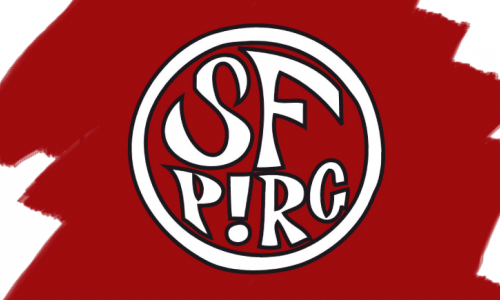
How many times and how many ways have you heard the word “fit” thrown around?
I don’t know if a three letter word has ever had such wide ranging implications. Grammatically speaking, it’s an adjective, a verb, and a noun. Generally speaking, though, I’m pretty confident we can think of “fit” as referring to the compatibility of one thing with another.
Your jeans, your job, your partner/spouse, your apartment/house, and so much more. We like compatibility, just as we are extremely uncomfortable fitting square pegs into round holes. So much so that we learn this distinction from an incredibly early age. It’s hard-wired.
Counsellors and therapists think of fit in terms of the compatibility between client and practitioner. And believe me, there is not a single therapist on the planet who is a good fit for everyone. Additionally, models and theoretical orientations, which heavily influence the practice of any helping encounter, may or may not fit with a client at a given time. Nor are models and theories suitable for all practitioners. Could you imagine Freud doing cognitive behavioural therapy?
In career terms, “fit” has been the inspiration for perhaps one of the most influential career development theories out there – Holland’s theory of vocational personalities and work environments. But does the model fit today’s world of work?
Simply put, the idea is that there should be a fit between your personality and your work environment, and that both of these variables are quantifiable and even predictable.
The theory is intuitive enough, but in my experience it runs into some problems (as do all theories) when actually put into practice. For one, the assumptions surrounding both personality variables and work environment variables are based on studies involving incredibly large numbers of people. In research terms, this is great. In practice though, what often happens is that there is difficulty applying the theory to an individual without seeming as though you’ve drastically oversimplified things.
It’s not often a student has walked into my office, told me they’ve no idea what direction to go in, and I’ve thought, “well, just get yourself your Holland Code and you’ll be set! No more uncertainty for you.”
Not that assessments are without value. I’ve made my position on their usefulness known. But no assessment is going to tell you with certainty what to do with your life.
There’s also no denying that the concept of fit has much to do with your career satisfaction. I don’t need to tell you what it’s like to work in an environment that just doesn’t… feel right. I similarly won’t tell you what it’s like to work somewhere that you know is a good fit. It’s just something that you know. The issue becomes: how do you find it?
My opinion? You don’t.
Fit’s not something you can seek out, and my thinking is that the harder you try, the less likely you are to succeed. I was having a similar discussion not long ago with some friends regarding happiness – can you seek it out successfully? Is it a tangible end point, or a byproduct of meaningful and fulfilling engagement?
Before you get all angry and storm off over my refusal to give any helpful, directive advice, let me give you a few more things to think about.
Things change.
You’re a person, not a rock. And guess what? Rocks change too, it just takes longer. Similarly, work environments change – people come and go, policies are implemented or removed, offices relocate, companies go bankrupt. What felt like a good fit last month might seem completely different after a while. Students are arguably at the apex of change from a personal and career development standpoint, and the transitions aren’t easy. Bottom line: you don’t even know what makes a good fit yet, so don’t let that limit your options. You may think you know, but when the rubber hits the road baby, it’s a different story.
You Aren’t Psychic.
And no one is. What’s going to happen to you 10 days from now? Never mind what’s going to happen to you 10 years from now. About 7 months ago I decided to post a blog entry, thinking it would be fun. Now it’s practically a part of my job description. That insignificant little conversation you just had with some guy in the elevator might end up leading to a job interview. This happens way more often than you think. Bottom line: it’s okay not to know exactly what’s right for you. Frankly, I’d be more worried if you did.
Variety is the Spice of Life.
Don’t let anyone tell you that everyone in a particular career path is a certain way. That kind of thinking makes for amusing things like comics and venn diagrams, but I think it also limits people from being open to the full extent of options available to them. I had this idea in my head when I went to grad school to become a counsellor that all the students would be a certain way. That all counsellors would be warm, empathetic, introspective, left-leaning introverts. Let’s just say that I was wrong, and that’s a great thing. Bottom line: as far as occupations are concerned, you can create your own fit. You can make the round hole square. You should probably still try those jeans on before you buy them, though. I wonder if I’ll ever really learn that lesson.
Beyond the Blog
-
The CSI Blog is hosted by SFU Career Services. Visit the CS website to view job postings, book a career advising appointment, register for workshops and more.
















